Cannes Lions 2024: Top five themes (and one festival observation).
Cannes Lions is the pinnacle event for the advertising and creative industries. It focuses exclusively on celebrating creative excellence, bringing together the world's top brands, agencies and innovators. So, what's shaking and shaping today's marketing agenda?

1) Meaningful AI.
It’s been less than two years since ChatGPT exploded onto the scene and there’s been a conversational shift, from concern around the unknown to a rapid adoption mindset, driven by the pace of integration into our daily lives and workplaces.
- While real examples of effective use cases are still tenuous, it’s definitely more than a buzzword now.
- Senior Leaders such as Tusar Barik of LinkedIn and Dara Treseder of Autodesk were clear that AI is a catalyst for creativity and our industry should be excited about the future.
- Adoption is critical – 75% of global knowledge workers now use AI and 50% of employers now look for these skills.
- Curation and prompts will be key, the Microsoft prompt experience was a great example of this.
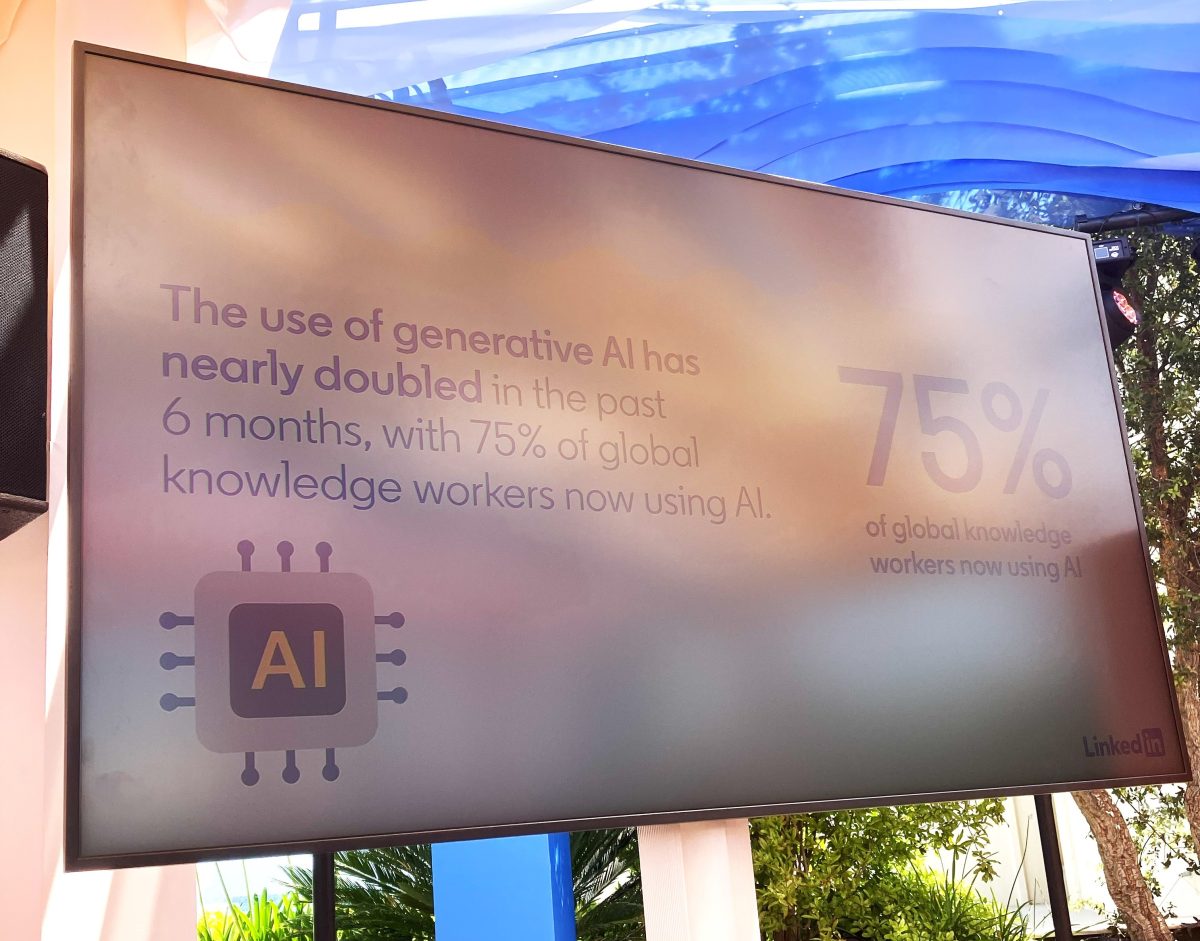
2) The return of analogue.
In an era of rapidly advancing technology which touches every facet of our lives, there’s been an undercurrent of yearning for tangible and authentic experiences.
- AI in particular is catalysing the consumer craving for in-person experiences and human connection.
- This trend is driven by a need for tactile contact, a respite from digital overload and an appreciation for mindfulness.
- The buzz at Cannes Lions was testament to this hunger for human interaction.
- Brands which provided excellent spaces to nurture these relationship-building moments were Pinterest, MediaLink, LBB Beach and, on a smaller scale, The Female Quotient on the roof of the Martinez Hotel.
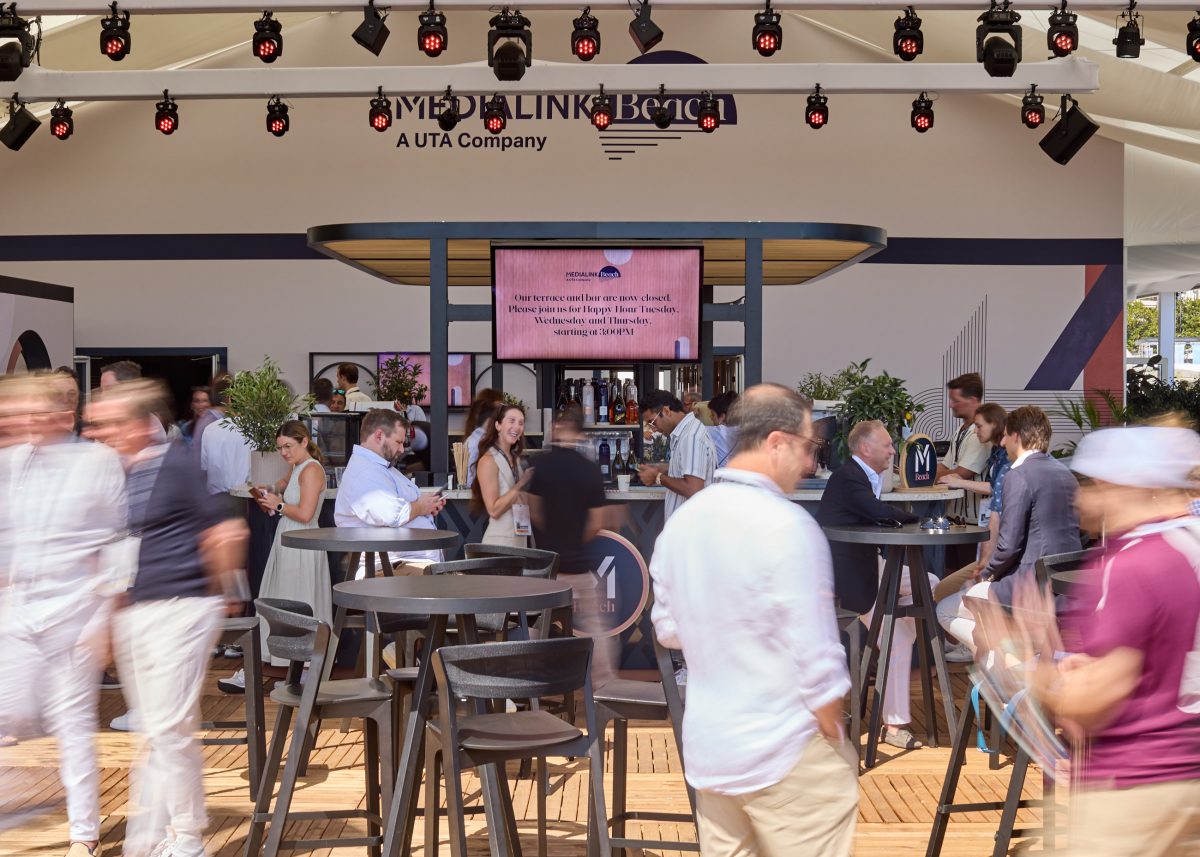
3) All about strategy.
Although always a vital part of marketing, the emphasis on strategic thinking has become even more critical as a result of AI allowing us to have more headspace for blue sky thinking.
- Of course, creativity can never be replaced, however, it’s not enough on its own, it needs purpose.
- The way to harness this purpose is through the triple whammy of creativity, technology and strategy.
- The three are inextricably linked.
- As we get more skilled at prompting, our methods for producing content will completely change, as will organisational roles and responsibilities.
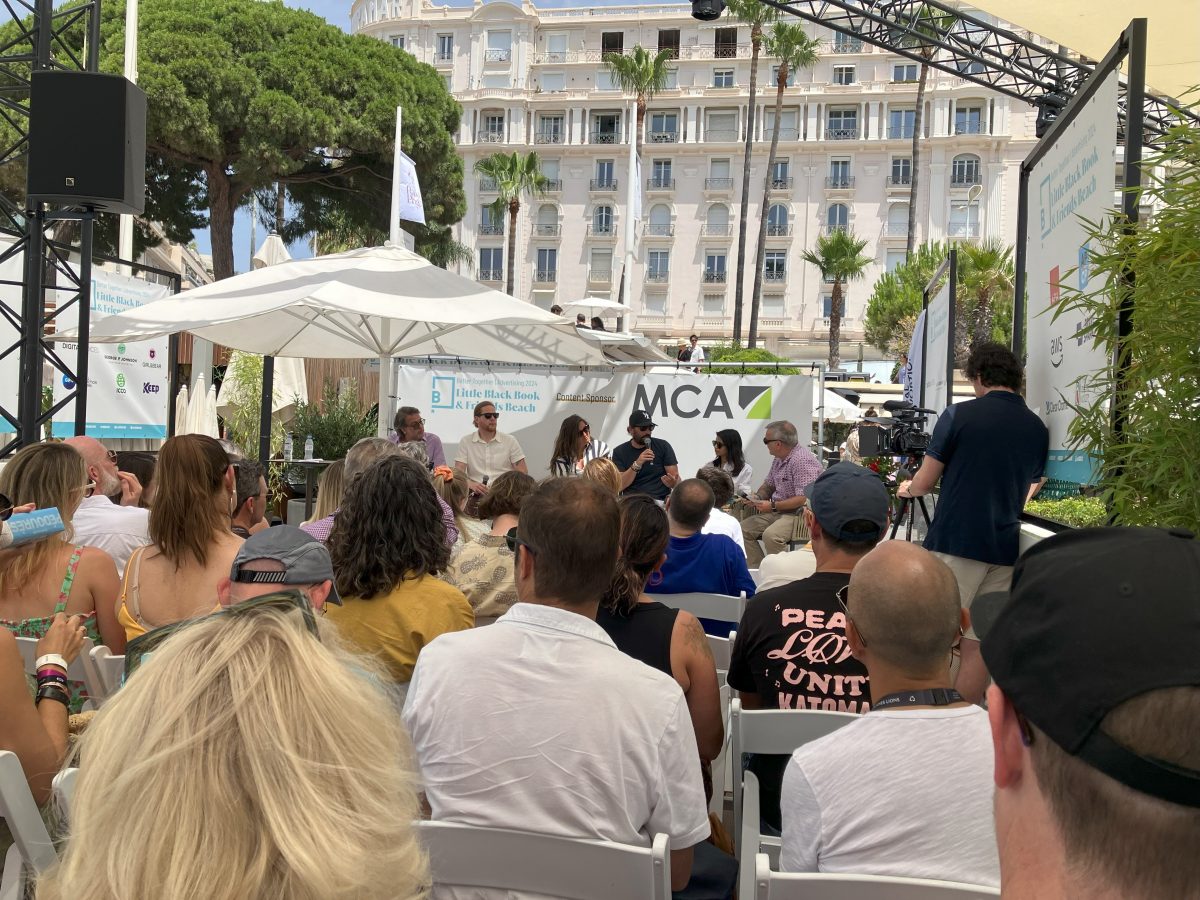
4) B2B brand-led marketing.
B2B marketing is shifting – moving away from the traditional sales-led approach towards a brand-led one.
- The practice is experiencing a renaissance – confidence in the sector is growing, as is investment.
- Traditionally, B2B events can be stuffy, corporate experiences, but there’s been a change in mindset from dry, fact-heavy tech/product-focused stories to human-led ones which encourage emotional connection.
- This focus on brand elevation fosters relationships and provides longer-term equity.
- B2B brands are flipping the script on what modern, in person experiences should look like, taking inspiration from the B2C world. Meta embraced this at Cannes with their Reels Cinema, Ray Ban x Meta glass maze room and their Meta Quest 3 VR headset.
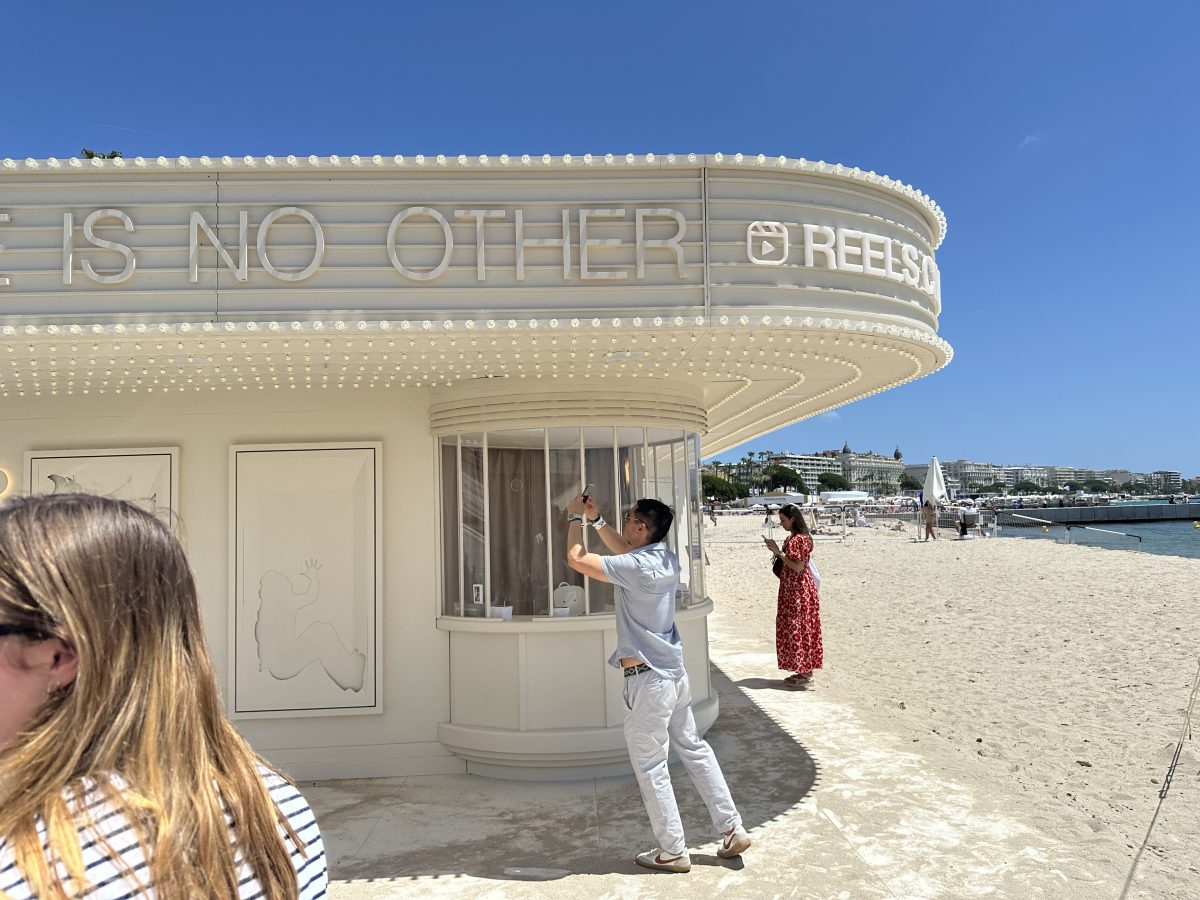
5) Leads with needs.
A shout out to the brands who inherently understand that providing some simple utility for audiences is a must.
- Brands that are succeeding in the experiential realm understand their audience and tailor their approach to the situation.
- Events are, of course, primarily about human connection and emotion. If our basic requirements aren’t being met, or there are situational distractions, we’re unable to fully immerse ourselves in the experience.
- Serving up exactly what we needed at Cannes Lions were MacDonald’s with their free McFlurrys, Ascential’s palais chillout area and Amazon’s free glow-up station.
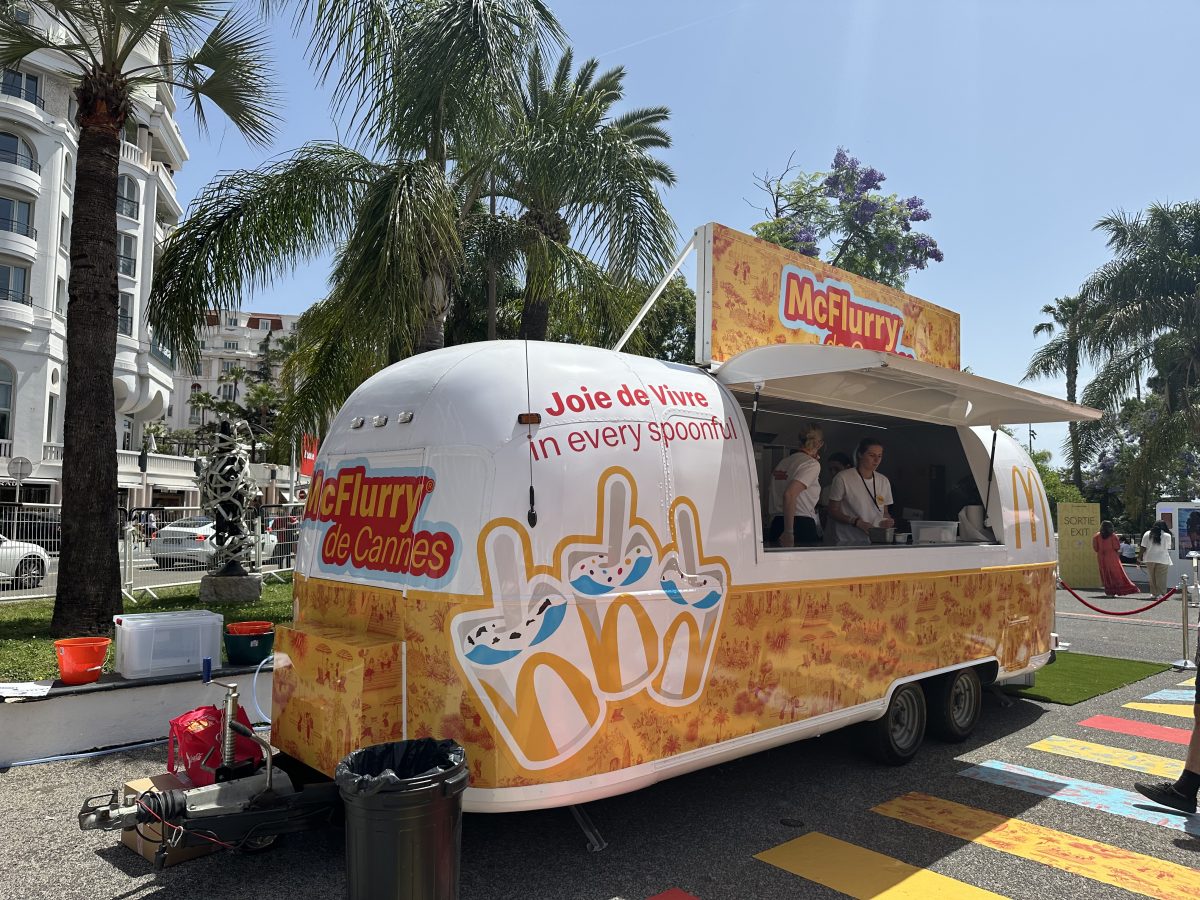
Lost charm?
There’s no doubt the festival has evolved a fair amount since its first edition 71 years ago. But is it still recognisable?
- Originally borne as a celebration of the best creative work that year and often referred to as the “Oscars of advertising”, the emphasis of Cannes Lions has changed.
- Unsurprisingly, as investment has risen, the festival has become more commercialised and ‘polished’.
- Since its inception in 1954, the festival has seen an increase in attendance and experienced significant growth in the 2010s.
- Although the emphasis on ‘the work’ has lessened over the years, as networking and community building take over, this in itself breeds excitement about industry outputs.
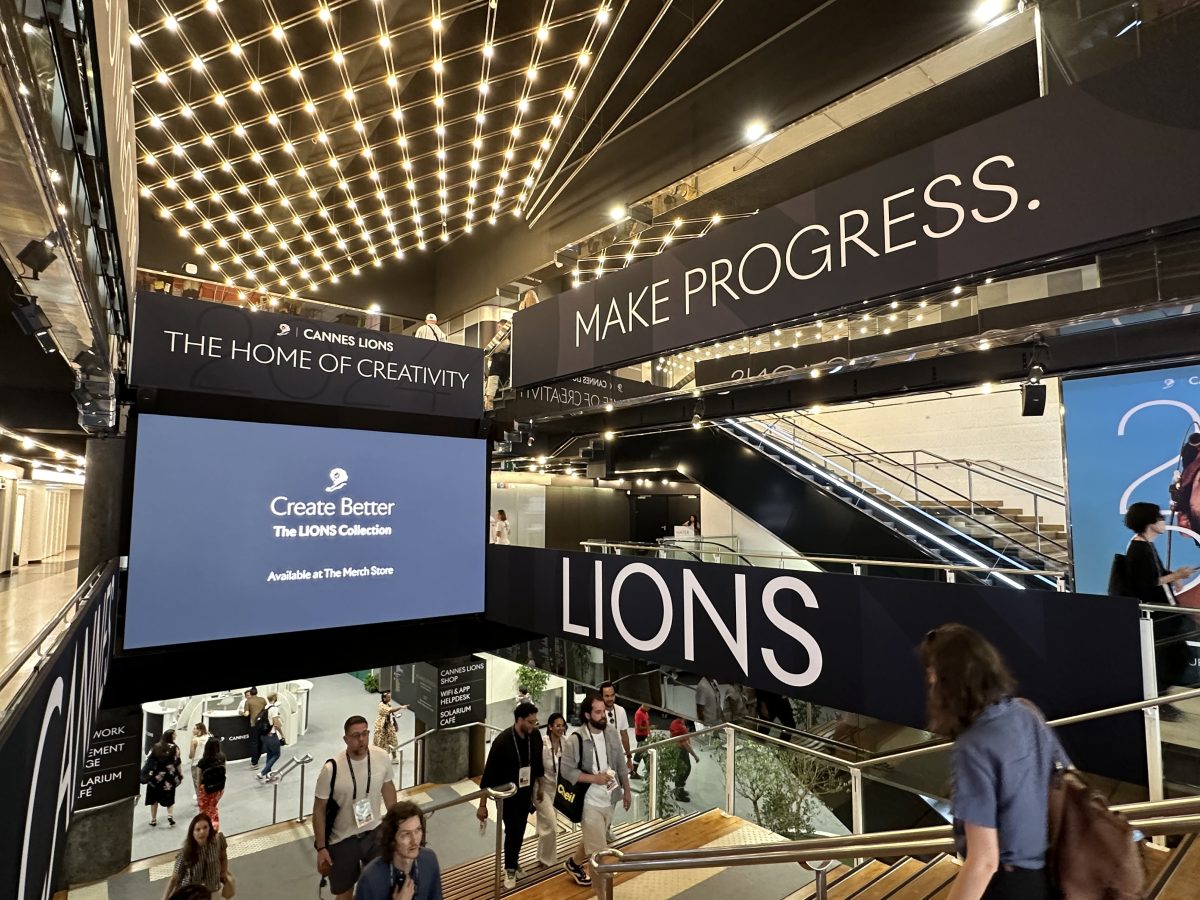
Let’s talk.
If you’d like to discuss supercharging your brand experiences, contact us to make the most of moments that matter.
More reading:
Cannes Lions 2024: Which brands delivered The Experience Advantage® and top tips for 2025.
EMS 2024: Inside the great pivot toward C-Suite experiences.
SXSW 2024: The good, the bad and the Insta-worthy.